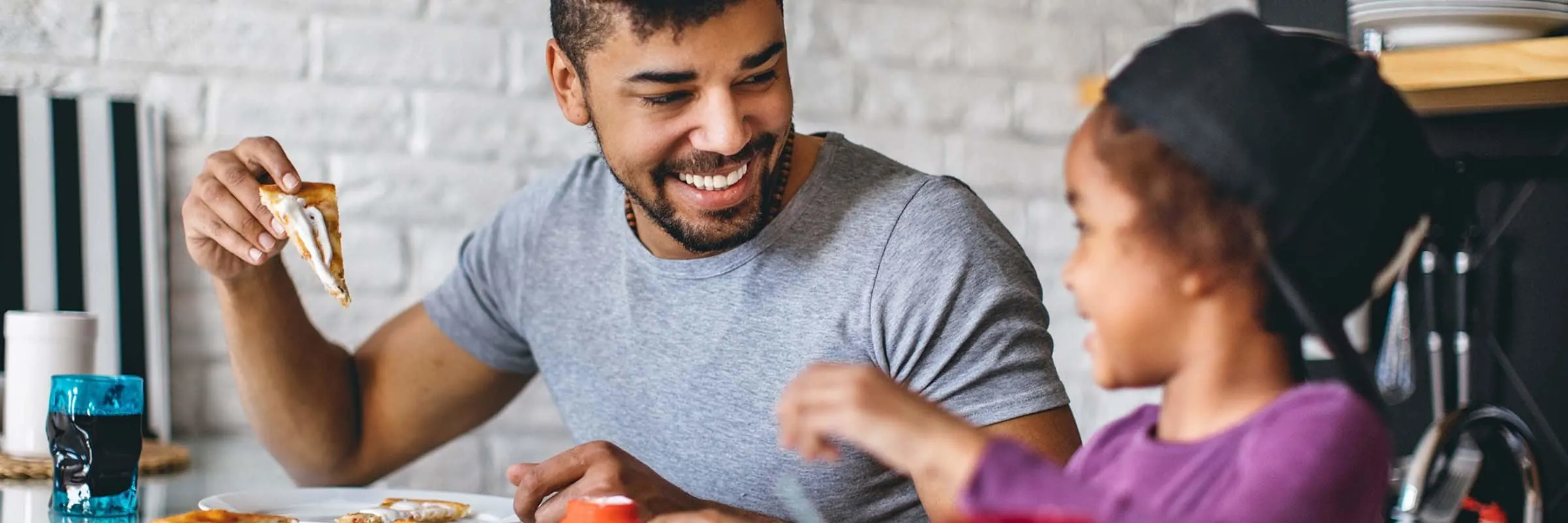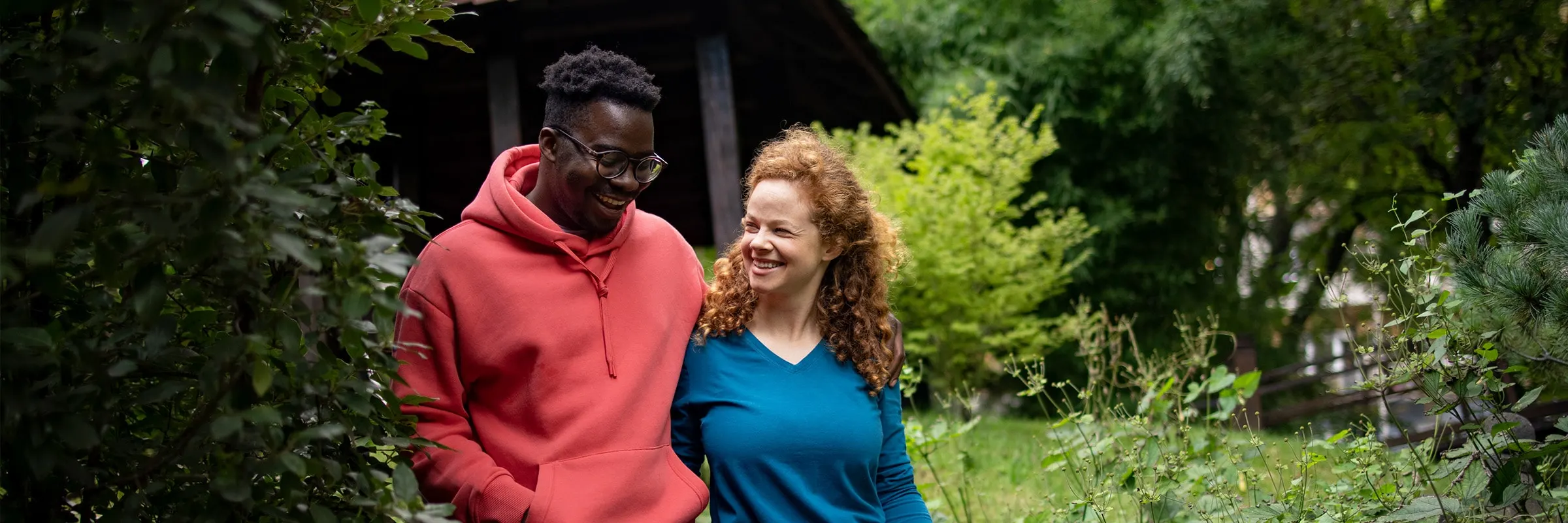At first glance, you might assume that financial or wealth advising is only for those with considerable wealth, but what constitutes "considerable wealth" varies greatly, and you can often find tiers of service based on the amount of assets you're able to invest. Whether it’s building a comprehensive financial plan or being an expert resource for you to ask questions of, a financial advisor can be a valuable part of your holistic money management.
Take quiz: Which type of investment account is right for you?
What is a financial advisor?
Financial advisors can help with many things, including investment management, financial education, tax strategies and supporting goals of pursuing generational wealth. Advisors can help you identify when your financial situation may require other professionals for the creation of wills and trusts, estate planning or other tax needs. They'll often work with those professionals to support a coordinated approach.
Advisors provide services to a wide array of clients and bring a vast understanding of financial trends, insights and strategies to guide you along your financial path.
Some financial advisors act as fiduciaries, like those at Ally Invest Personal Advice, meaning they are required to put your best interests first — so it's a good idea to ask if yours is a fiduciary. It's important for a financial advisor to help make your finances uniquely yours, helping you understand your choices and opportunities.
Learn more: Find out more about Ally Invest Personal Advice and get paired with your own advisor.
What does a financial advisor do?
A financial advisor offers comprehensive financial planning, including:
Goal planning: Managing financial goals and their associated time horizons, as well as helping prioritize and determine trade-offs where necessary
Investment management: Handling and strategizing financial assets and investments, in alignment with each identified goal
Estate planning: Organizing a person's estate and belongings for after death or incapacitation. While advisors can provide guidance, legal advice should come from an attorney.
Tax planning: Managing wealth using tax-efficient strategies to reduce long-term taxes and plan for future tax laws. Consulting with a tax professional is also advisable.
Differences between robo advisors and financial advisors
Robo advisors provide automated investment portfolios based on your needs, usually assessed through a questionnaire. Managed by algorithms and monitored by licensed advisors, robo advisors focus on one primary goal and periodically rebalance your portfolio to fit your objectives.
Financial advice, or wealth management, on the other hand, involves a hands-on approach with a human financial advisor, such as those through Ally Invest Personal Advice. It refers to a holistic financial plan, including all your assets and goals, unlike the algorithm-driven approach of robo advisors. The advisor may ask other follow-up questions to better assess your priorities, needs and values, so they can better inform their recommendations.
Read more: Is a robo or financial advisor right for you?
How to choose a financial advisor
Great wealth advisors have a stellar track record of client satisfaction and act as fiduciaries. Depending on your situation, you may want someone who:
Has the right specialty for your needs
Chooses a strategy you agree with
Has excellent credentials
Gets paid in a manner you agree with
Takes your best interests into account
Makes you feel comfortable
Good financial advising is personalized, so ask your advisor questions to ensure they fit your needs and that you have a trusting relationship with them.
Good financial advising is personalized, so ask your advisor questions to ensure they fit your needs and that you have a trusting relationship with them.
How much money do you need to have a financial advisor?
Many advisor services require a certain threshold of investable assets, often starting at $100,000 (such as Ally Invest Personal Advice). Some may require $500,000 or even $1 million. Investable assets include liquid or near-liquid assets like retirement accounts, savings accounts, mutual funds, and cash, but not properties or physical items like your home or vehicle.
How much do financial advisors cost?
Typically, you’ll come across two types of pay structures for advisors:
Commission-based model: This means the advisor is paid a commission by a brokerage or company based on the products they sell (for instance, mutual funds or insurance packages). In this model, you might pay a commission each time you buy or sell certain investments, like stocks.
Fee-based model: This means the advisor is paid primarily through client fees, which can be a flat annual or hourly fee or a percentage of the assets managed by the advisor
With either of these models, the important thing is to check if the advisor is a fiduciary, so you can feel confident they’ll act in your best interest only.
Are financial advisors worth it?
The costs and services of a financial advisor vary, but typically, a comprehensive approach will likely cost more than basic investment management advice. Consider what you’re looking for in an advisor and whether the comprehensive advice based on your specific situation is worth the value for you.
When deciding if you’re ready for an advisor, check the asset minimum and advisory fees, and confirm whether the advisor is a fiduciary. Also consider how financial planning will fit into your life — depending on your goals and situation, the expertise of a financial advisor could be the move for you.



